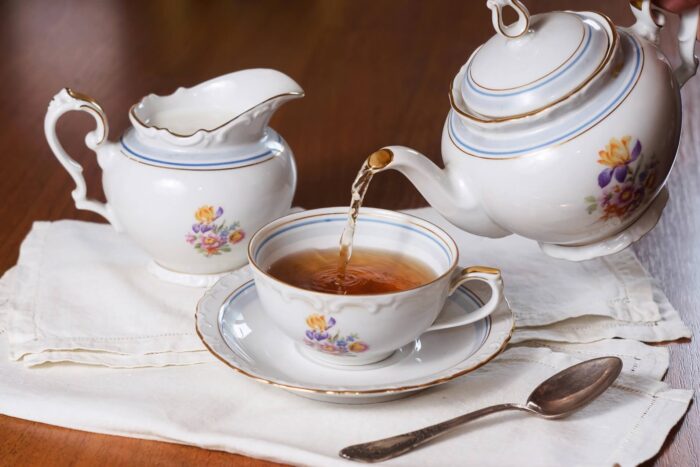
Last Updated: 30 Dec 2022 The “san” thing – more about psychological distance than hierarchy
Former Japanese national football (or soccer if you prefer) team member Honda Keisuke used the honorific surname + san when commentating on current players during the World Cup. This would feel odd to many Japanese, says the Toyo Keizai magazine – because the current players are a younger generation to him. He wasn’t consistent in calling all players surname + san either. For those that he knew personally both of his generation (he was born in 1986) and younger, he used their nicknames – Yuto for Nagatomo Yuto (also born in 1986), but also Take for Kubo Takefusa (b 2001).
The use of honorifics and humble language dates back to at least the Nara period of Japanese history (8thc) to express hierarchical relationships based on social status – a reflection of the Confucian ethics which became popular at that time. Now Japanese society is shifting towards one where everyone is considered equal in terms of social status. Honorifics are therefore more about the psychological distance between yourself and another in terms of familiarity.
I often explain to people that I use the more polite surname + sama in emails, or Mr/Ms if I am writing in English, with Japanese people I don’t know, and then when I have met them, particularly now that I am of an older generation myself, I switch to “surname + san”. And if it is one on one, and they are signing themselves off with a Western name or a short form of their given name, I will use that, without +san.
I still get it wrong though. One Japanese woman of about my age and seniority in a Japanese company explained her preference to me. She would rather I called her by her given name only when speaking about her or to her in English, and to use surname + san when talking about her or to her in Japanese. She couldn’t quite explain why, but said that my calling her by her given name + san across both languages sounded patronising and odd. I guess she wanted to maintain a more formal, psychological distance in a Japanese environment, but was happy to be more “familiar” in a casual, Western one.
Related articles
22. Dare to be Barefoot【Column: Leap Before You Look】
One thing I never 屈服する (gave in to) while living here in the US for many years is to wear shoes insi
The culture component and why it matters in management
Let me start with what might at first appear to be a personal story unrelated to cross-cultural mana
Bow, shake hands or poke someone in the eye?
Most non-Japanese people worry too much about bowing when meeting Japanese counterparts - even thoug




